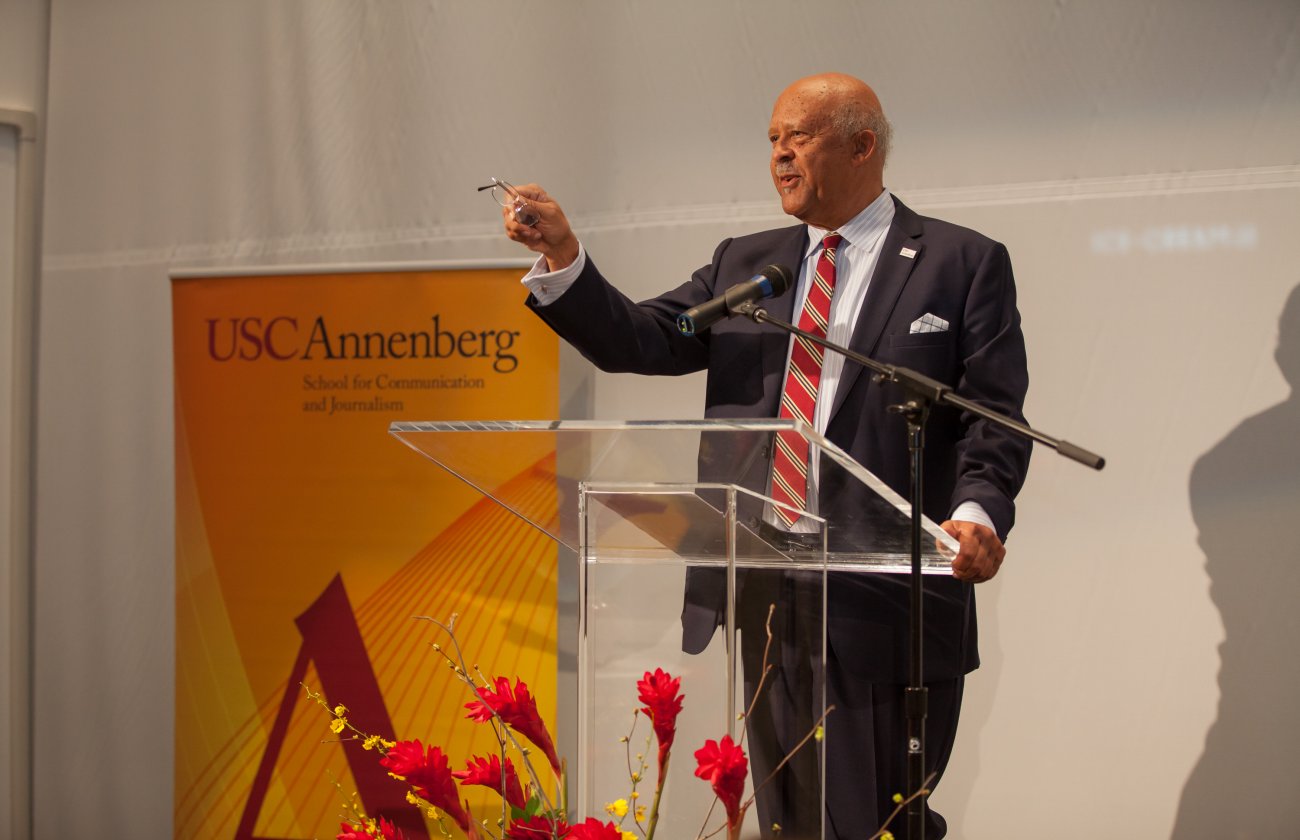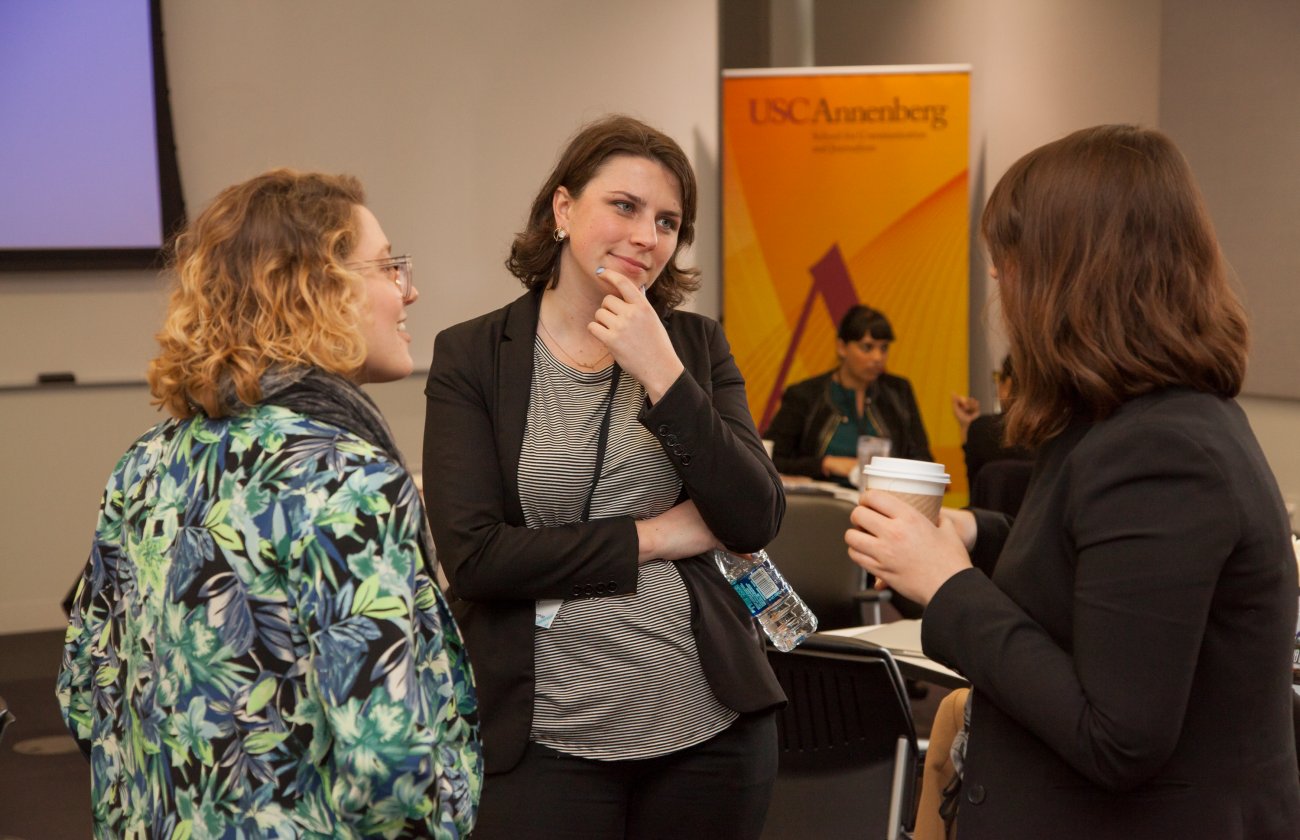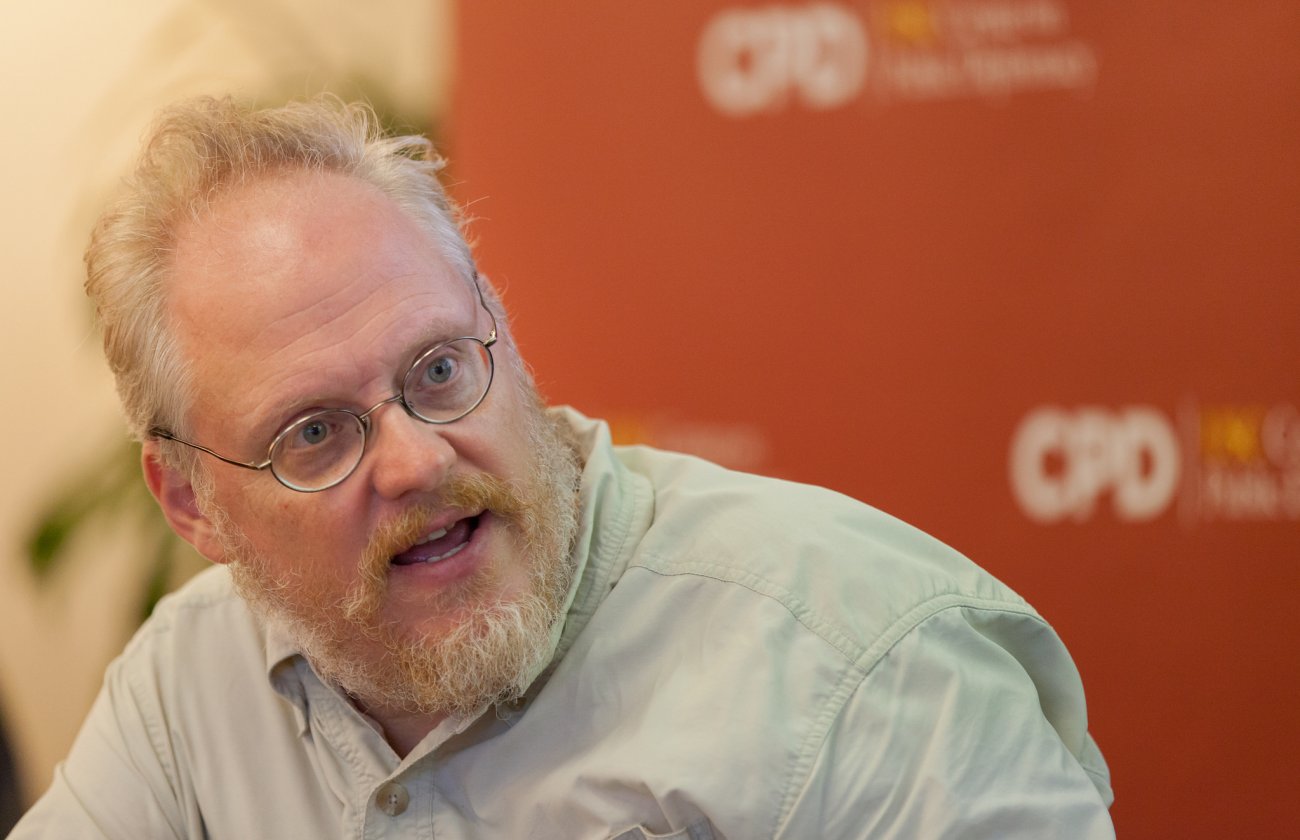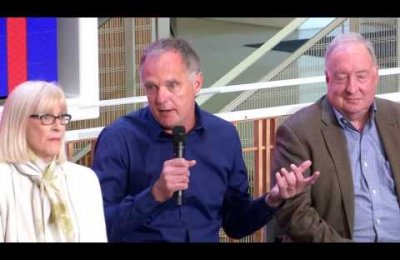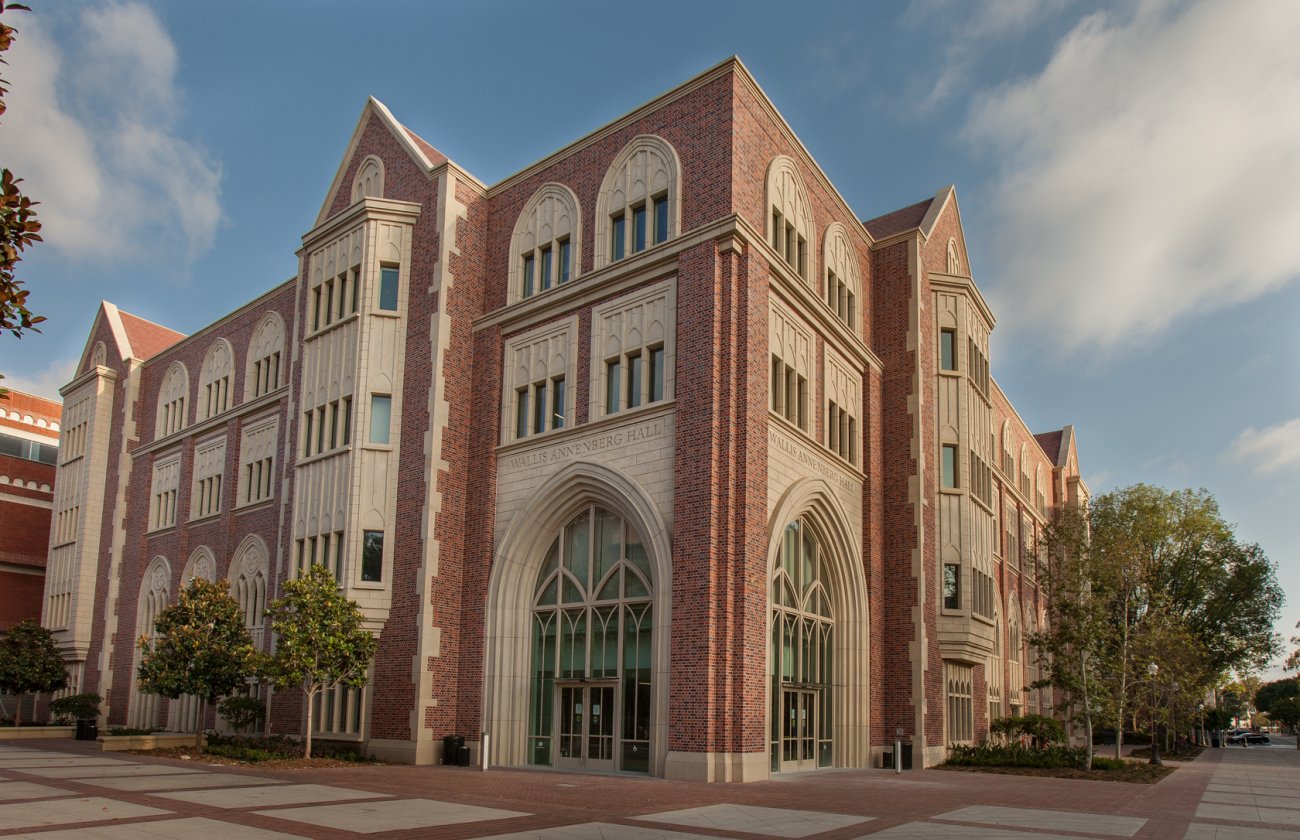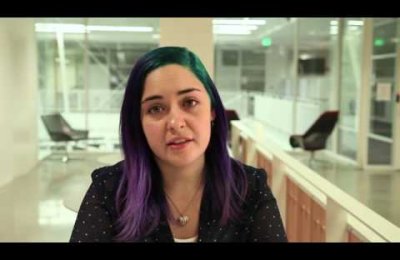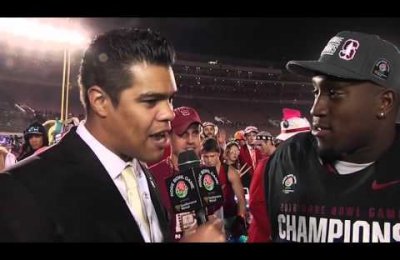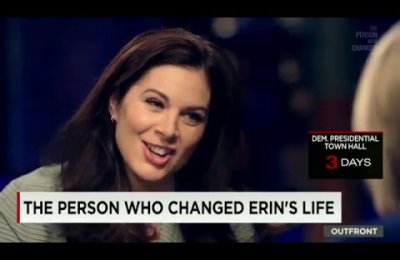By Alex Reed
National Public Radio’s Guy Raz stopped by USC Annenberg on May 6 to share some pizza and thoughts with USC Annenberg students as a break from studying for finals.
Raz, who also spoke later that evening at USC Annenberg’s James L. Loper Lecture in Public Service Broadcasting, was introduced by USC Annenberg Professor Willa Seidenberg, director of Annenberg Radio News.
“He’s an inspiring person for students because he started at NPR as an intern and worked his way up with everything, all sorts of different jobs,” said Seidenberg. “He’s really seen a long evolution of public radio.”
Raz became an intern for NPR in 1997 on their news show “All Things Considered,” and his first job was as an assistant to news analyst Daniel Schorr.
He left NPR for a two-year period to work as CNN’s Jerusalem correspondent, during which he said he learned a lot about television news. His initial impression was that it was very superficial, but came to understand that blending in allows people to focus on the reporting.
“In order for television to work, you can’t be distracting,” said Raz. “By nature, it’s superficial.”
However, Raz decided that television wasn’t for him and turned down a three-year extension at CNN to return to the United States and NPR. The only other time he left NPR was to study at Harvard University as a Nieman Journalism Fellow in 2008.
Raz is currently the host of TED Radio Hour, which was launched about a year ago and is a collaboration of NPR and non-profit organization TED.
“It’s a show about ideas,” said Raz, adding that “every show is more or less a version of the same show,” but the common factor is human beings.
In working on TED Radio Hour, Raz said he likes having the opportunity to cover a variety of topics. While he loves news, he also loves pop music. He joked about listening to Katy Perry’s “Dark Horse” on his way over to USC.
“I love news. I don’t miss the negativity of news,” said Raz. “It’s important, it’s vital, but news can get you down.”
He also told students to try everything and figure out what they want and don’t want to do because almost nothing they do in their early 20s will affect them later in their careers.
“This is the time to fail, to make mistakes,” said Raz. “You are going to be in an experimental period.”
Raz said he was glad he didn’t grow up with Facebook because, according to him, Facebook is a highlight reel of someone’s life and he wouldn’t have wanted to know all the interesting things his friends were doing.
In terms of journalism, however, Raz said there has never been a better time to get into the field, despite what some people say.
“Information is currency. The idea that news is dead is nonsense,” Raz said.
According to Raz, today anyone can produce good content and get it published. While it may not reach millions of people, there are still opportunities where there weren’t before.

